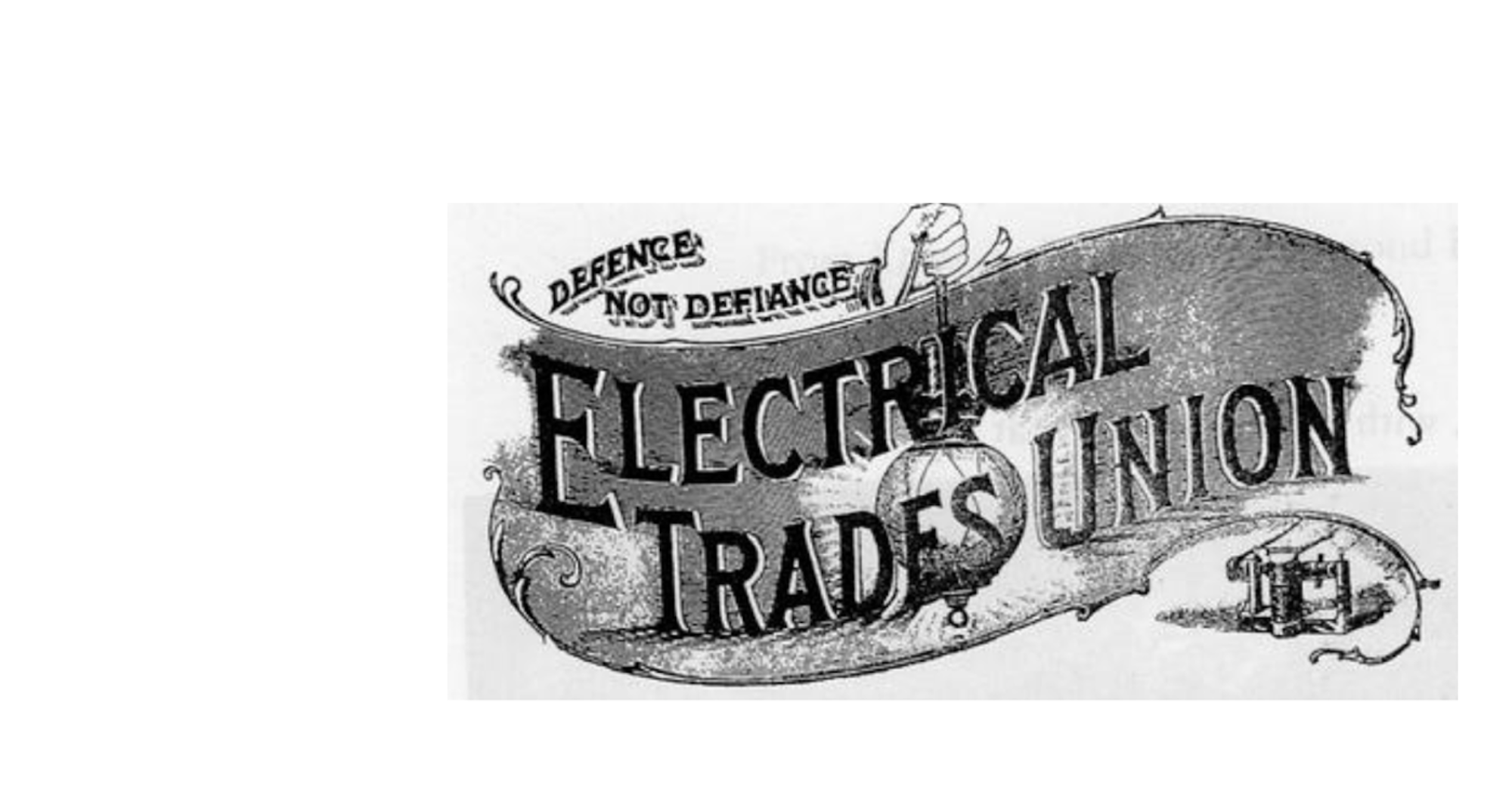
When the lights went off
When the lights went off
On 7 December 1970 over 100,000 British electricity workers reported for work as usual, but over the next few days their industrial action – strictly following regulation in a 'work to rule' and banning overtime - would plunge the country into rolling darkness.
Manual electricity workers were organised across several unions representing labourers and different trades and job roles within the industry, such as plant operator, jointer, linesmen and meter reading roles. They were concentrated in large coal-fired power stations which the country overwhelmingly relied upon for electricity generation. The utility workforce through was also spread out across the country in roles maintaining electricity supply through substations and pylons.

By 1970, electricity workers were also dissatisfied. Union leaders had managed to avert industrial action the previous year, but by December 1970 dissatisfaction with wage levels, especially those earned by skilled craft workers, who often worked nightshifts and at weekends, was too high for them to hold back.
On 14 December, just a week later, the action was called off. Electricity workers had been subject to extensive political attack as well as instances of public vitriol. Early in the following year, a Court of Inquiry commenced under Lord Wilberforce, a descendent of the famed abolitionist, William Wilberforce. It heard from witnesses, including economists, union leaders, managers and testimonies provided by workers in the electricity supply industry. Wilberforce awarded a relatively extensive pay award which the unions took as an affirmation of the workforce’s importance to the country.
"The nation is being held to ransom. … [By] industrial action of a kind which, though limited, is bound sooner or later to impose hardship on many people and jeopardise the functioning of the economy. The unions are entitled to know where the government stands, so let me give this warnings. We shall take whatever steps are open to us to safeguard the supply of electricity. But if the supply is interrupted or cut off, the unions are deceiving themselves if they think that the consequences will drive the government to connive at an unjustifiable settlement."
Anthony Barber, Chancellor of the Exchequer, Speech at Sale Town Hall on Saturday 5 December 1970 , The National Archives, Kew, Treasury 349/109/2
Five days previously, Barber’s ministerial colleague, John Davies, the Secretary of State for Trade and Industry, accused the power workers of engaging in 'industrial blackmail'. This charge was vociferously rejected by trade unions and along with Barber’s comments, blamed for the public response the power workers received during their work to rule:
"Mr Davies, did not say, of course, fire shotguns at electricity workers, torment their children, abuse their wives, assault them, deny them medical treatment, smash their windows, slash their tyres – but all that happened."
Power Workers’ Inquiry: Chapple at Court, Contract (newspaper of the EETPU) March 1971, p.18. Modern Records Centre, 1018/ETU/P/3/1
Workers' voices
In their evidence before the Wilberforce inquiry, power workers articulated their case in terms which underlined their public service, manual labour and hard work. They felt that their efforts were denigrated and unrecognised:
"We do not wear white overalls … [we do wear a] scarf round our neck to stop the dirt and the dust going inside .. working in very, very confined spaces, in absolutely filthy conditions … [wearing] a hood and a tin helmet."
George Wake, fitter, West Ham power station
"The men at West Thurrock have always recognised their duty to the consumer and the industry. Events suggest that the consumers ignore their duty to the supply workers."
Albert Waddington, labourer, West Thurrock power station
Minutes of Proceeding at a Court of Inquiry, into the causes and circumstances of a dispute between the parties represented on the National Joint Council for the Electricity Supply Industry, evidence from 19 and 20 January 1971, Modern Records Centre, MSS.192/GMW/G/3/2. Folder relating to the Wilberforce Enquiry, 1968 – 1971.
More resources
Guardian Archive: Hospitals work by candle during power strike
Article from the Guardian newspaper, first published on Wednesday 10 December 1970, describing the impact of the industrical action by power workers.
House of Commons statement on the Electricity Supply Industry (Wilberforce Report)
House of Lords statement on the Electricity Supply Industry (Wilberforce Report)
Image credits
-
Logo of the Electrical Trades Union which was renamed the Electric, Electronic, Telecommunications and Plumbing Union in 1968, Wikipedia
-
1970s logo of the Electric, Electronic, Telecommunications and Plumbing Union, the largest union for manual workers in electricity supply in 1970, Wikipedia
Citation
Cite this resource as: Gibbs, Ewan. 'When the lights went off', Energy in History. University of Glasgow, 2024

